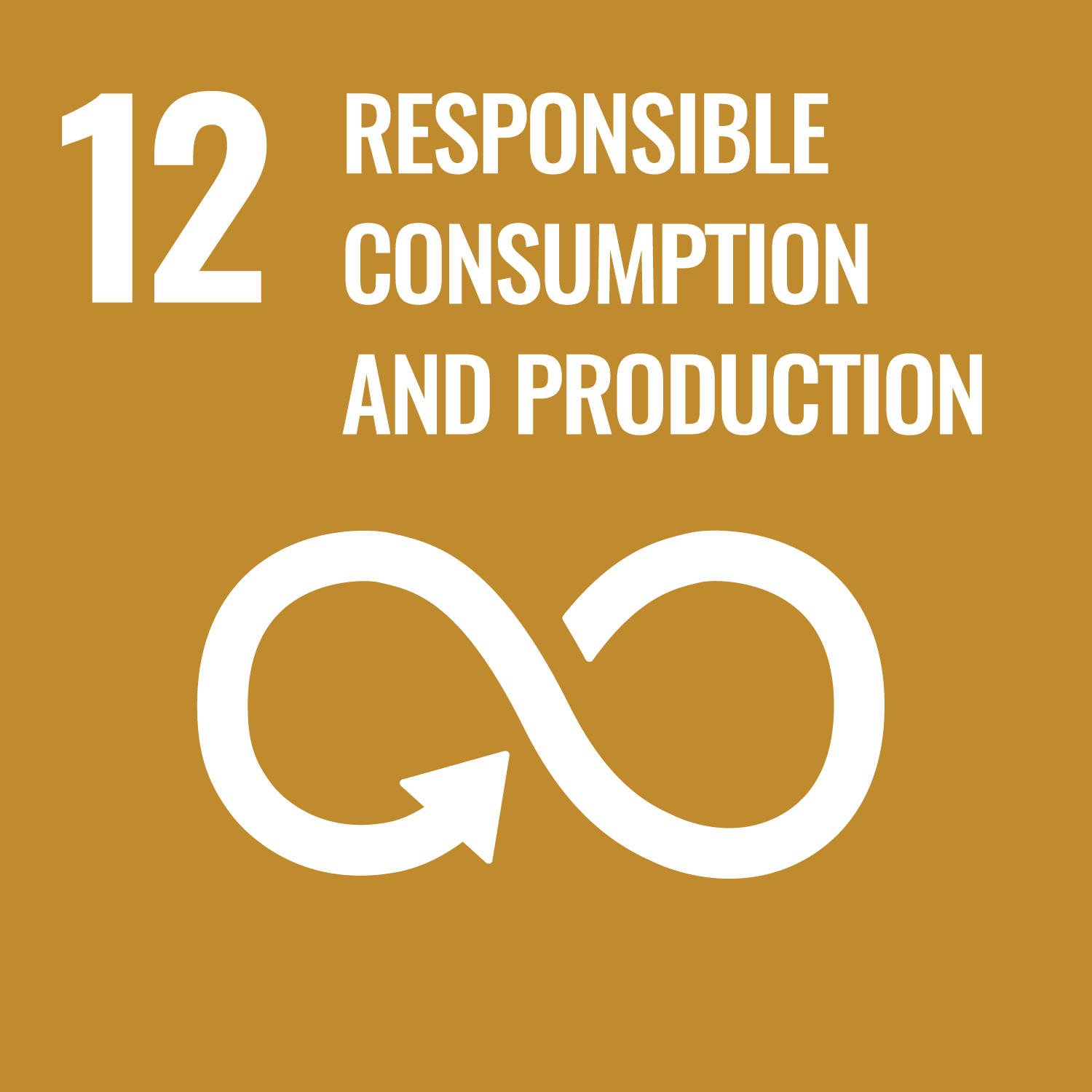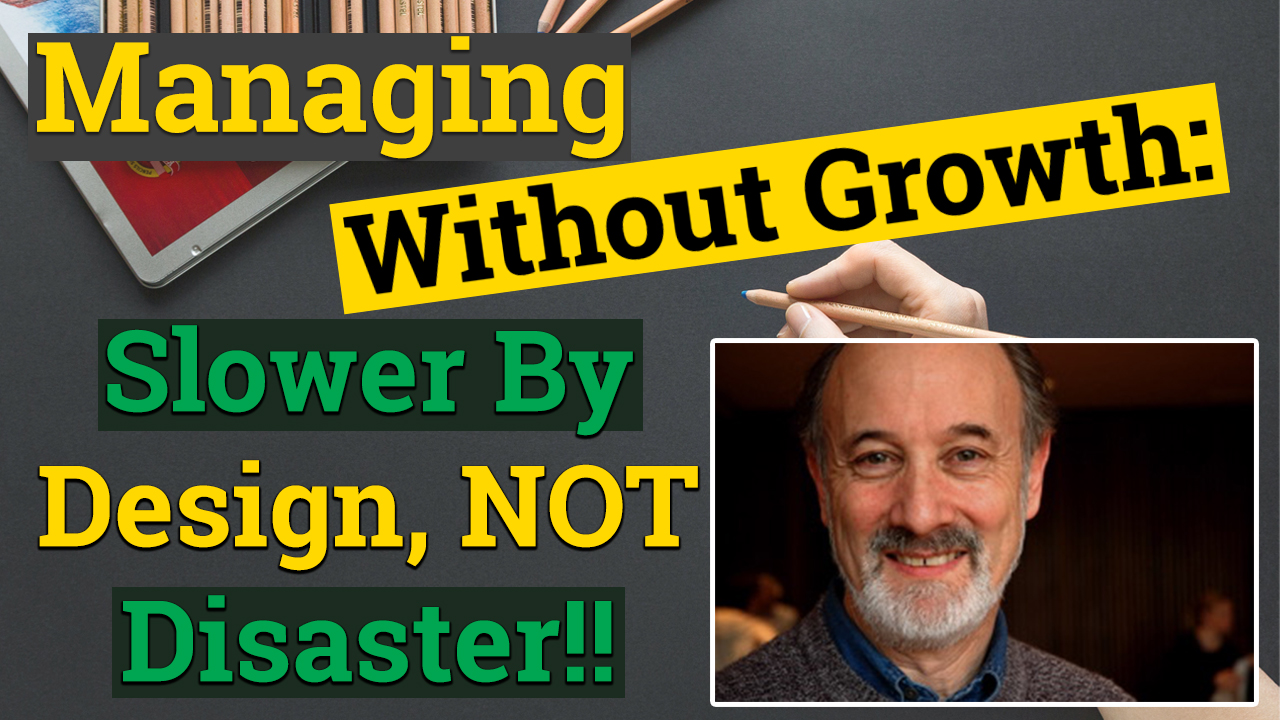Key Stats
42 percent of university waste is recycled. Check out the Zero Waste Dashboard for detailed data on waste management at the University of Alberta.
research impact
For the period 2018-2022
№ relevant publications: 481
№ times cited: 6,056
Source: InCites
sample Courses
- HECOL 441 - Textiles and Apparel in the Global Economy
- R SOC 355 - Rural Communities and Global Economies
- MARK 455 - Sustainability and Responsible Marketing
- AREC 333 - Economics of Production and Resource Management
- ADMI 463 - L'énergie et l'environnement: Structure industrielle, performance et défis
VIDEOS
Institutional Stewardship Initiatives
Reusable Dish Program
The Students’ Union runs the Reusable Dish Program, giving event planners across the university an easy, free way to stop using single-use plates, cutlery and cups at events. This student-run service loans out reusable dishes and mugs and takes care of all the washing and inventory management Event planners only need to pick up and return the wares.
Sustainable Procurement
Supply Management Services has worked for many years to incorporate sustainability into their operations. In 2018, they launched a Sustainable Purchasing Network to circulate best practices, foster collaboration between interested staff and stimulate pilot projects within varied work units. This network builds on earlier ad hoc initiatives, the Sustainable Swag Purchasing Guide and PaperCut Initiative.
The university’s preferred supplier system enables efficient delivery of goods and allows the university to push for green products and practices from its suppliers. A Sustainable Procurement Guidelines and Supplier Code outlines expectations for ethical, social and environmental practices from the university’s suppliers.
Research institutes, centres & projects
Creating an impact: How UAlberta students are changing the way we think about waste
University of Alberta students Nicole Sanchez, Anka Chan and Mariam Humayan led a social entrepreneurship project called Hempact and proposed a waste-saving, 100 percent biodegradable alternative to commonly used plastic products such as pads and applicators.
Materials Chemistry Research Group
Aman Ullah’s material chemistry research group focuses on converting biomass into different types of plastics and chemicals, for instance using food oils and fats as stock for polymers. The group uses innovative techniques to help bioplastics match the quality of fossil fuel derived plastics by, for example, using nanotechnology to improve structures and using microwave reactors to enhance biopolymer yield.

